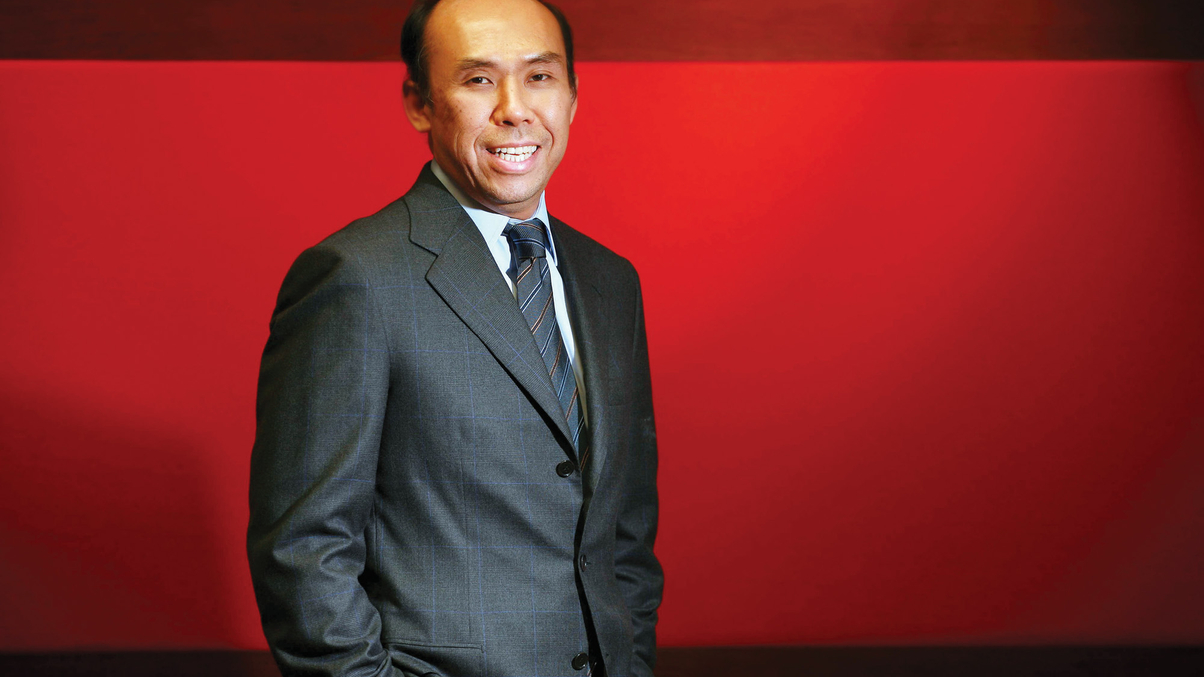Hedgies sanguine about US debt-ceiling deadline
There is still a week until the deadline for raising America's debt ceiling, and hedge fund managers are not panicking yet. But some are contemplating the implications of political deadlock.

It is still impossible to say if there is going to be a deal between politicians over the US debt ceiling. There has been no big market sell-off or spike in volatility, and a lot of money managers seem calm, as there is a hunch that the stand-off is basically a gambit that will result in an 11th-hour deal.
Sign in to read on!
Registered users get 2 free articles in 30 days.
Subscribers have full unlimited access to AsianInvestor
Not signed up? New users get 2 free articles per month, plus a 7-day unlimited free trial.
¬ Haymarket Media Limited. All rights reserved.


